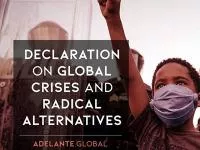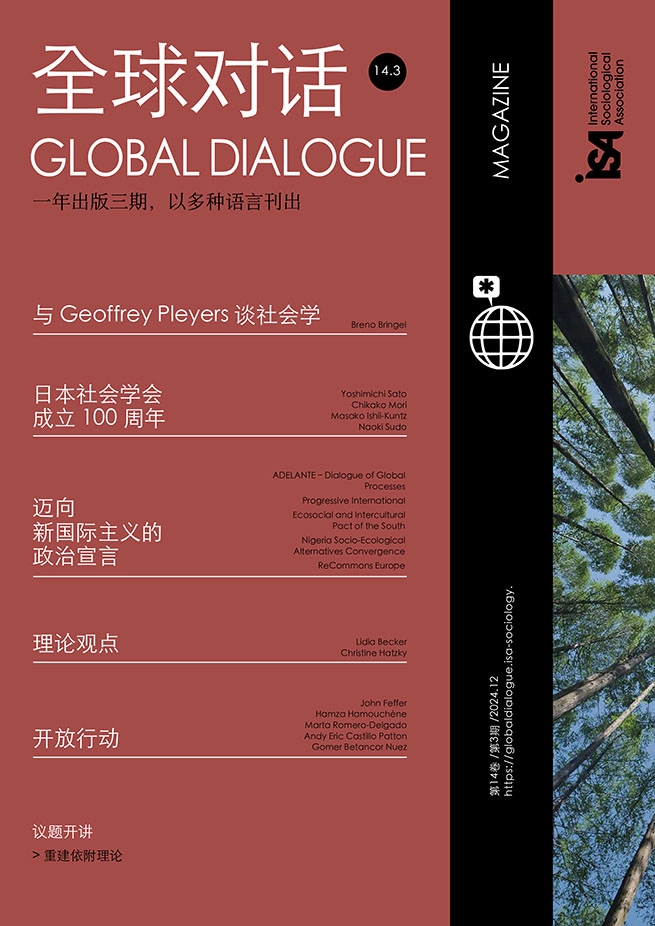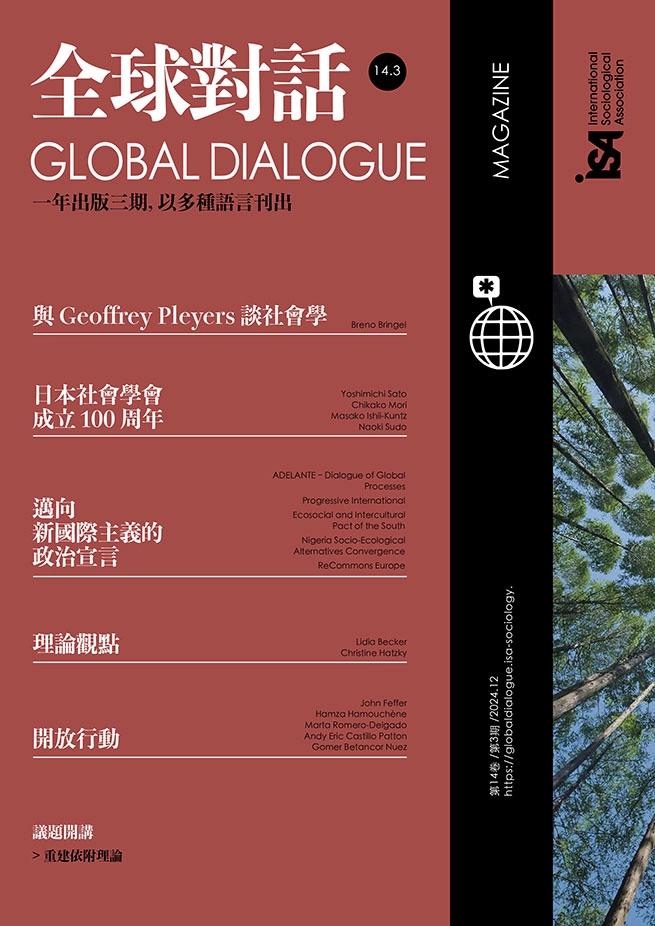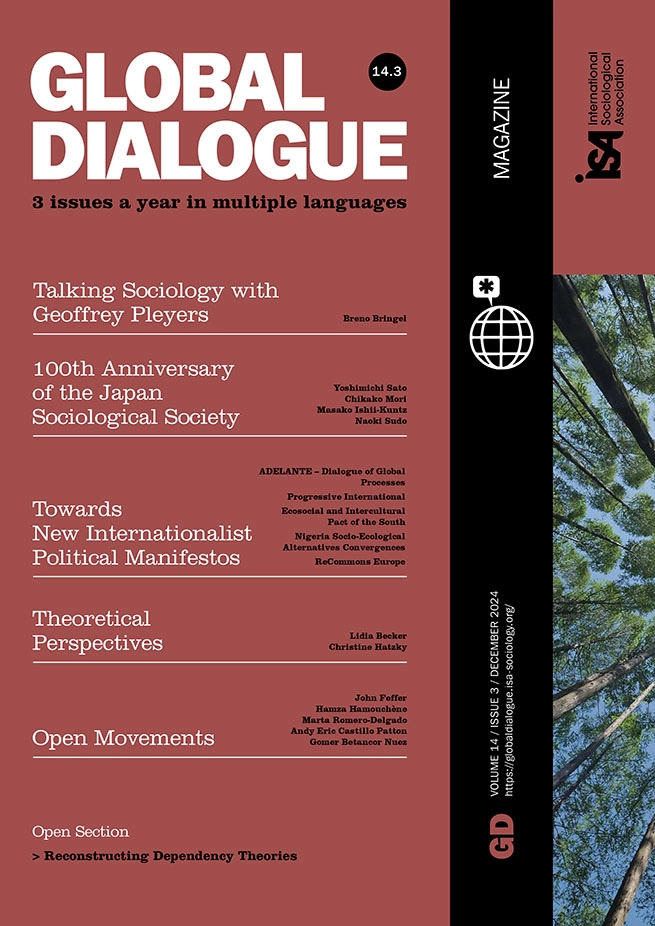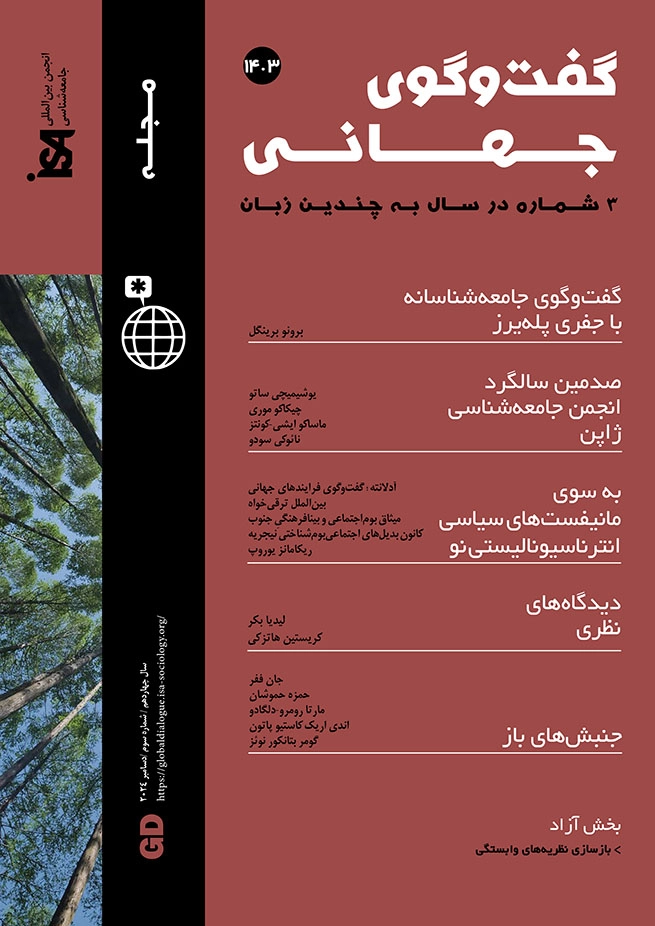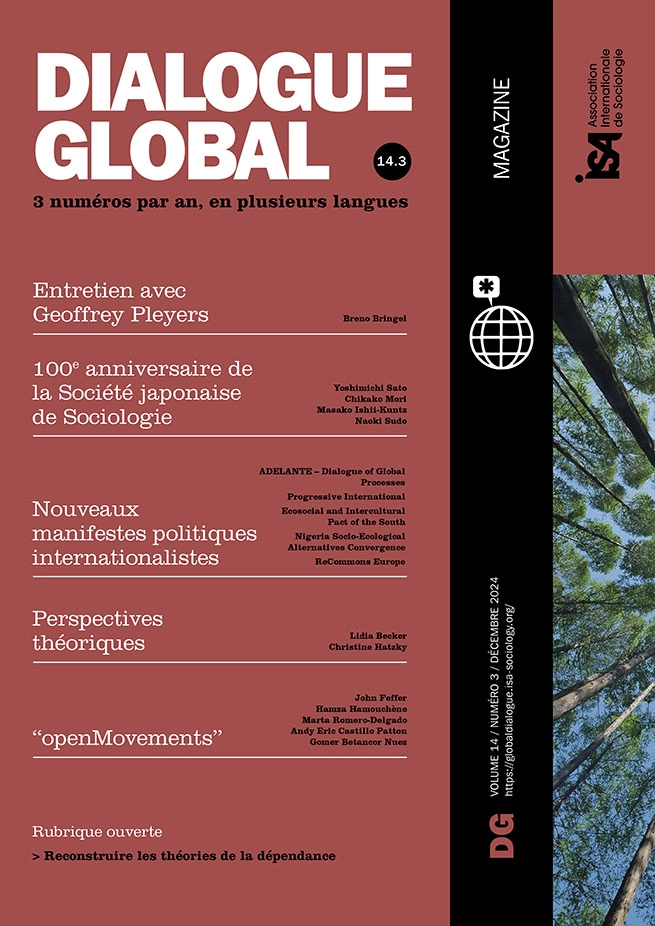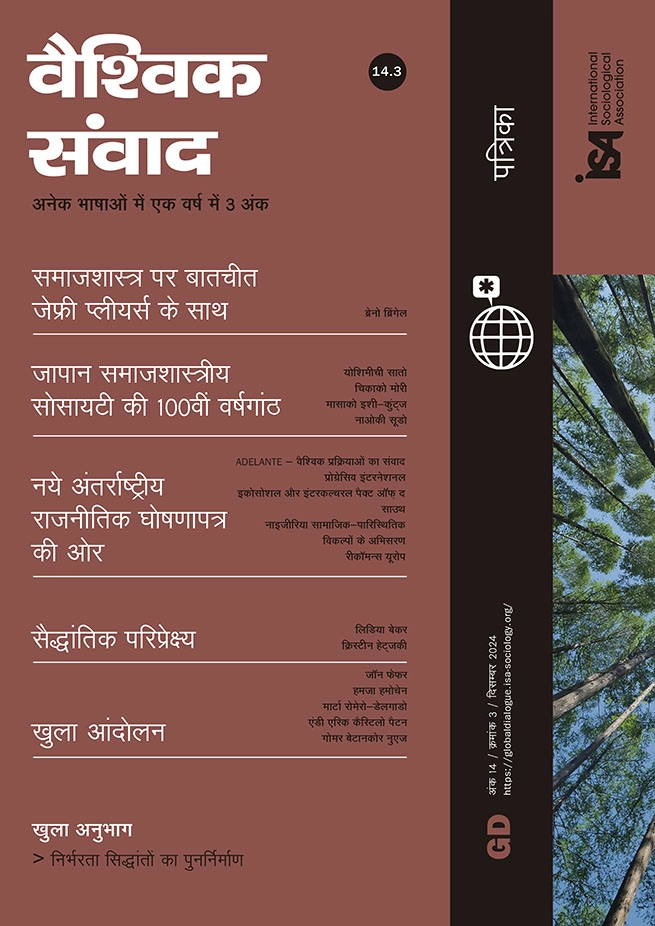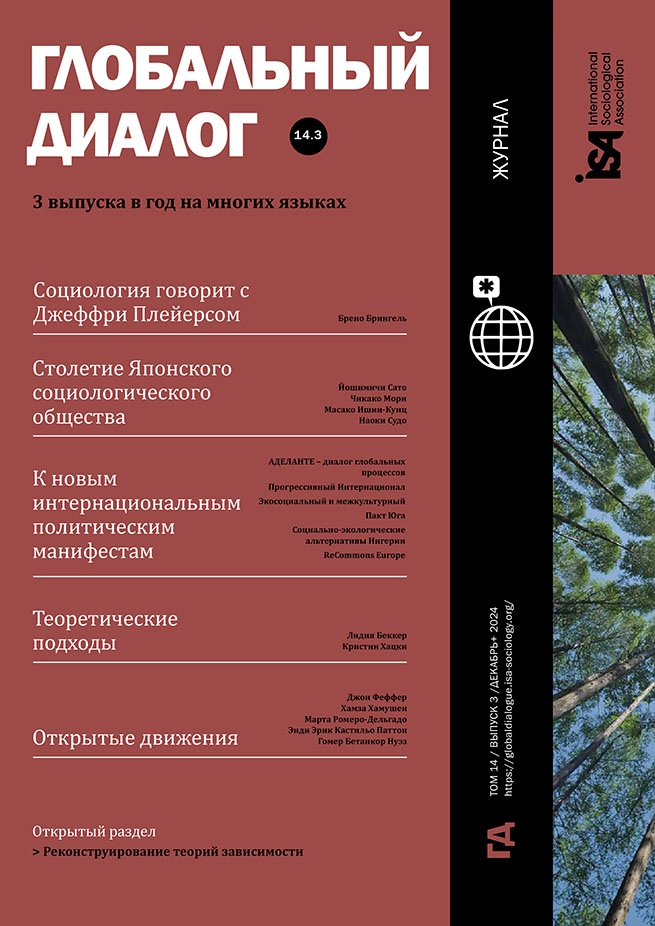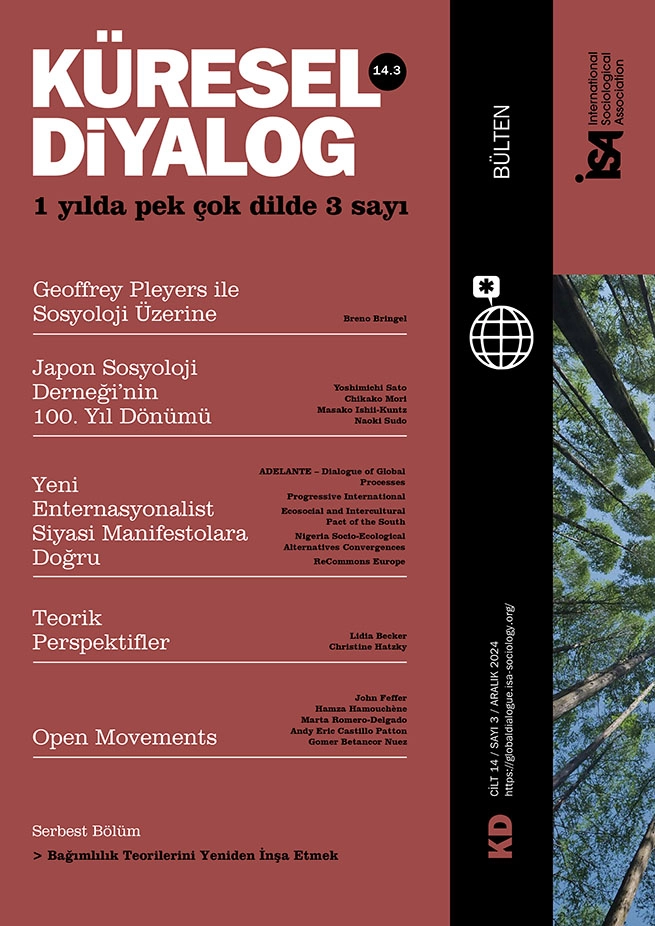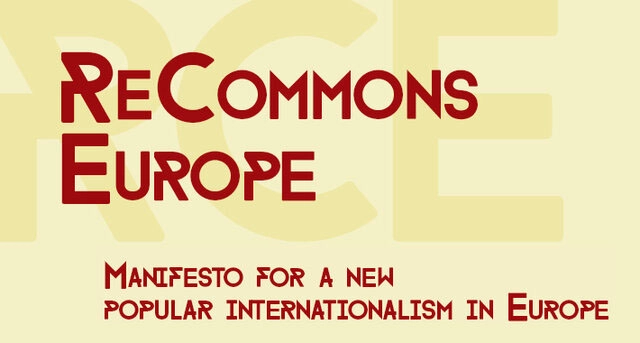The European institutions (of the EU as a whole and the euro area within it) are structurally neoliberal, undemocratic and unequal. They constitute an obstacle to the meeting of popular classes’ needs, demands and rights in each country, as well as to solidarity and equality between the populations of the member states. When combatting the logic of competition, as well as from the perspective of an ecological transition, the European level of struggles and of building alternatives is of particular importance.
We want to turn Europe into our common home, but this is impossible within the framework of the existing European institutions. Therefore, we propose a scenario that relies on existing social struggles at the local, national and transnational levels in order to disobey, confront and break with the undemocratic and capitalist European institutions, and replaces them with new forms of popular cooperation and democratic institutions across Europe.
The main features of the “rebellion” scenario for a common Europe
1. We immediately need to implement our alternative social, environmental and political goals through coordinated and cooperation-oriented permanent platforms and disobedience movements at local, regional, national and European levels, and concerning all matters or specific issues (for example debt, migration policies, ecological transition, neo-colonial agreements with the Global South including “Eastern Europe”, etc.). Different political actors should disobey the treaties, diktats and decisions of the EU. They should make it known that they do so together in order to implement alternative policies and to set up newly instituted and long-term cooperation (concerning all or specific matters).
This disobedience can be based on existing struggles and on specific campaigns (in all fields such as labour rights, monetary policies, anti-racism, etc.). It should, as often as possible, demonstrate the potential efficiency of the implementation of democratic, environmental and social aims at a European level, in contradiction to the existing Treaties and neoliberal policies. If a political actor is isolated, it can still delegitimize existing policies and institutions, disobey them by implementing alternative solutions and openly propose new forms of popular cooperation and self-organization at all possible levels.
2. Existing struggles at the national level should highlight interactions between the national ruling classes’ policies and the dominant European ideology, political economy and institutions. In order to break with the hegemony of capital, popular consultations and mobilizations should focus on concrete aims and the programme which must be put forward to combat the EU’s ruling classes and institutions. The confrontation will also consist of implementing defensive tools against counterthreats and attacks by the EU, as well as political offensive initiatives to destabilize the neoliberal block and to bring about a crisis of legitimacy that impedes the functioning of the European institutions. Implementing such tools must be done as soon as possible by a political actor through unilateral measures, such as: the suspension of debt repayment during an audit; a public policy programme creating jobs on the basis of a specific taxation; the control of capital flow; or some socializations/nationalizations linked to specific struggles and demands.
If a political actor is isolated, it should still implement such tools by itself and, through a call for popular mobilizations throughout Europe (rather than only inside its own geographical area), it should invite other actors to contribute to the delegitimization process and therefore to a political crisis of European institutions.
3. Such defensive tools and offensive political initiatives necessarily involve popular governments at a national level breaking with the European Treaties and institutions. All measures taken by a popular government require a break, at least at the national level, with the existing dominant European politics and rules. We must demonstrate clearly that what we defend is not based on “national interest” but the reasons for our stance are political, social, environmental and democratic; and they concern all people inside and outside of the current Union.
We defend the absolute need for a democratically controlled monetary system and currency, and therefore the need for the socialization of banks and for control of capital flow. These measures are in conflict with the Treaties and the economic and monetary union (EMU) of the European Union. A popular government may decide to exit the EMU and/or the EU (for instance by invoking Article 50) or accept the challenge of being expelled from the EMU or the EU.
Initiate a constituent process
Constituent processes must be initiated at all possible levels in order to build alternatives that aim to develop new political cooperation in Europe. This must be based on a common platform against the European and local ruling classes and institutions as well as xenophobic currents. It must also favour social rights for workers and all subaltern classes as well as defence of the environment.
The scenario cannot be predicted in detail, but for instance an alliance of associations, rebel cities, regions or states could launch a “rebel constituent process” (concerning global or specific functional prerogatives), open even to political spaces not involved from the beginning in the disobedience process. These constituent processes, with different forms according to the situations and levels concerned (from municipal forums and networks to Constituent Assemblies at the national or European level associated with internationalist platforms) are to be launched in order to create new cooperation, to favour the process of rupture of neighbouring political actors who have not yet embarked on this process, to dismantle Fortress Europe, and ultimately to create alternative institutions at the European and international levels. If a political actor is isolated, it should launch this “rebel constituent process” for the territory or function concerned, and propose that other actors join the process.
Proposals: immediate initiatives
Each of the previous features requires some immediate initiatives. The main requirements concern the collective designing and the popular appropriation of the specific tools necessary to disobey, confront and launch constituent processes as well as the gathering of the social and political forces that can operate them.
We propose all progressive forces (trade unions, political organizations, associations, activist collectives, etc.) adopt similar goals: to strengthen jointly their criticism of the capitalist and undemocratic European institutions and specify together their proposals in order to break with these institutions’ hegemony and reconstruct new forms of popular cooperation; to update, share and popularize convergent texts, such as the Altersummit’s Manifesto and ReCommonsEurope’s Manifesto; to encourage the development of all significant initiatives on the local, national and European levels in favour of “rebel constituent processes”; and to take advantage of European elections in order to run campaigns and launch popular debates about this scenario and its implications, to inform about the existing initiatives and alternative spaces that could take part in this scenario, and to gather social and political forces around them.
ReCommonsEurope
This text reproduces (with minor rewording) Chapter 9 (Social struggles, political confrontations and constituent processes in Europe) of the Manifesto for a New Popular Internationalism in Europe, which was originally presented in March 2019. That Manifesto was drawn up by a group of activists and researchers from a dozen or so countries in Europe who wished to propose a blueprint to be acted upon by popular left-wing forces. It was part of the ReCommonsEurope Project, initiated by two international networks (the CADTM and EReNSEP), and the Basque trade union ELA, in order to contribute to the strategic debates taking place within the European popular left.
